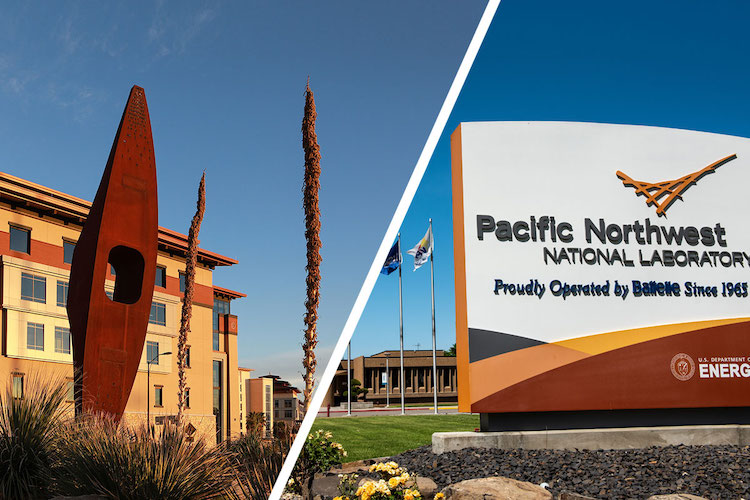PNNL and UTEP join forces to reduce carbon dioxide emissions

EL PASO, TX – Pacific Northwest National Laboratory (PNNL) and the University of Texas at El Paso are leveraging their partnership and joint appointment program to achieve reductions in carbon dioxide emissions from materials manufacturing.
Engineered materials are part of everyday life. Metals and alloys, such as aluminum and steel, are commonly used to build cars, airplanes, bridges and other construction projects, UTEP detailed.
However, all of these materials are largely manufactured using conventional methods that produce more than 10% of the world’s carbon dioxide (CO2) emissions, according to a recent study published in the Energy and Environmental Science Journal.
The University indicated that researchers understand that greener methods using renewable electricity or hydrogen-based reduction of metal ores can significantly reduce the amount of CO2 produced; however, the process is not sufficiently known at the atomic scale for effective large-scale application.
The Laboratory Directed Research and Development project aims to increase knowledge of greener reduction processes to help accelerate and achieve CO2-free metal production. PNNL materials scientist Ajay Karakoti and Professor Ramana Chintalapalle, PhD, who directs UTEP’s Advanced Materials Research Center, hold joint appointments at both institutions and co-lead the project.
“The partnership between PNNL and UTEP allows our faculty to work collaboratively with PNNL scientists in advancing the frontiers of knowledge, and connects our graduate students with exceptional research experiences, such as working with renowned scientists and training with state-of-the-art research facilities and equipment,” said UTEP Vice President for Research Ahmad Itani, Ph.D. “The team also includes PNNL scientists from the UTEP Center for Advanced Materials Research.
The team also includes PNNL materials scientists Arun Devaraj, Tiffany Kaspar and Shutthanandan Vaithiyalingam, and UTEP assistant professors Sreeprasad Sreenivasan, PhD, and Harikrishnan Nair, PhD.
In addition to climate impact, the team believes the project may have educational implications. Chintalapalle has been actively working with PNNL research teams for more than a decade and has trained more than 10 UTEP graduate students to conduct research with PNNL.
UTEP materials science and engineering graduate student Francelia Sanchez has been selected to work on the project at PNNL as part of her thesis, which focuses on multifunctional materials in extreme environments.
As Sanchez travels to PNNL over the next year, PNNL staff who are part of the project team also plan to visit UTEP. Multiple visits, workshops and collaborative research projects have strengthened the mutual partnership.